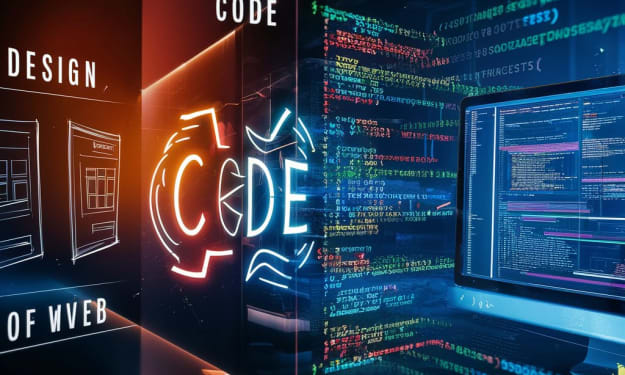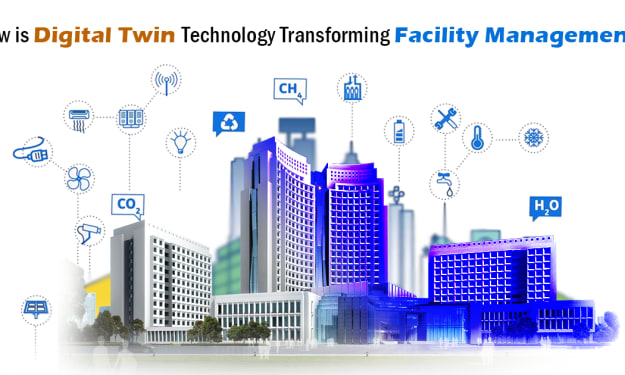Soaring to New Heights: How a Cloud Computing Course Unlocks the Future of Technology
Future of Cloud Computing

Table of Contents:
1. Introduction: The Cloud Computing Revolution
2. Understanding the Fundamentals of Cloud Computing
3. Exploring Cloud Service Models: IaaS, PaaS, and SaaS
4. Mastering Cloud Architecture and Design Principles
5. Diving into Cloud Security and Compliance
6. Leveraging Cloud-Native Technologies and Microservices
7. Embracing DevOps and Continuous Integration/Continuous Deployment (CI/CD)
8. Optimizing Cloud Performance and Cost Efficiency
9. Preparing for the Future: Emerging Cloud Technologies and Trends
10. Conclusion: Invest in Your Cloud Computing Future with a Comprehensive Course
The Cloud Computing Revolution
Cloud computing has revolutionized the way we store, process, and access data. As businesses and individuals increasingly rely on cloud-based solutions, the demand for skilled cloud professionals has skyrocketed. A Cloud Computing course offers a comprehensive approach to mastering the principles, technologies, and best practices of cloud computing, preparing you for a future where the cloud is at the forefront of innovation.
Understanding the Fundamentals of Cloud Computing
A Cloud Computing course begins by providing a solid foundation in the core concepts of cloud computing. You'll learn about the history, evolution, and benefits of cloud computing, as well as the key characteristics that distinguish it from traditional on-premises infrastructure. By understanding the fundamentals, you'll be better equipped to navigate the complex world of cloud computing and make informed decisions about cloud adoption and implementation.
Exploring Cloud Service Models: IaaS, PaaS, and SaaS
Cloud computing offers a range of service models, each with its own unique features and benefits. A Cloud Computing course delves into the three main service models: Infrastructure as a Service (IaaS), Platform as a Service (PaaS), and Software as a Service (SaaS). You'll learn about the differences between these models, their use cases, and how to choose the most appropriate one for your organization's needs. By mastering cloud service models, you'll be able to design and implement cloud solutions that align with your business objectives.
Mastering Cloud Architecture and Design Principles
Designing and architecting cloud solutions requires a deep understanding of cloud-specific principles and best practices. A Cloud Computing course teaches you how to design scalable, resilient, and highly available cloud architectures. You'll learn about cloud design patterns, fault tolerance, and disaster recovery strategies, as well as how to optimize cloud resources for performance and cost efficiency. By mastering cloud architecture and design principles, you'll be able to create cloud solutions that meet the evolving needs of your organization.
Diving into Cloud Security and Compliance
Security and compliance are critical considerations when working with cloud technologies. A Cloud Computing course explores the unique security challenges and best practices associated with cloud computing. You'll learn about cloud security models, data encryption, identity and access management, and compliance frameworks such as GDPR and HIPAA. By understanding cloud security and compliance, you'll be able to design and implement secure cloud solutions that protect sensitive data and meet regulatory requirements.
Leveraging Cloud-Native Technologies and Microservices
Cloud-native technologies and microservices have become increasingly important in the world of cloud computing. A Cloud Computing course introduces you to these cutting-edge technologies, including containers, Kubernetes, and serverless computing. You'll learn how to leverage cloud-native approaches to build scalable, resilient, and highly available applications. By embracing cloud-native technologies and microservices, you'll be able to create innovative solutions that take full advantage of the cloud's capabilities.
Embracing DevOps and Continuous Integration/Continuous Deployment (CI/CD)
DevOps and CI/CD are essential practices for successful cloud adoption. A Cloud Computing course explores how to integrate DevOps principles and CI/CD pipelines into your cloud workflows. You'll learn about tools and techniques for automating deployment, testing, and monitoring, as well as how to collaborate effectively with cross-functional teams. By embracing DevOps and CI/CD, you'll be able to accelerate your cloud adoption journey and deliver high-quality cloud solutions faster.
Optimizing Cloud Performance and Cost Efficiency
Cost optimization and performance management are critical aspects of cloud computing. A Cloud Computing course teaches you how to monitor and optimize cloud resources for performance and cost efficiency. You'll learn about cloud pricing models, cost optimization strategies, and performance tuning techniques. By mastering cloud performance and cost optimization, you'll be able to maximize the return on your cloud investments and ensure that your cloud solutions deliver the desired business outcomes.
Preparing for the Future: Emerging Cloud Technologies and Trends
The cloud computing landscape is constantly evolving, with new technologies and trends emerging all the time. A Cloud Computing course helps you stay ahead of the curve by exploring emerging cloud technologies and trends. You'll learn about the latest developments in areas such as edge computing, artificial intelligence, and quantum computing, and how they are shaping the future of cloud computing. By staying informed about emerging technologies and trends, you'll be better equipped to adapt to the changing landscape and drive innovation in your organization.
Conclusion: Invest in Your Cloud Computing Future with a Comprehensive Course
In conclusion, a Cloud Computing course is a powerful investment in your future as a cloud professional. By mastering the principles, technologies, and best practices of cloud computing, you'll be equipped to design, implement, and manage cutting-edge cloud solutions that drive business success. Whether you're just starting your career or looking to advance to the next level, a Cloud Computing course can provide you with the skills, knowledge, and certifications you need to succeed in this rapidly evolving field. Soar to new heights in your cloud computing career by investing in a comprehensive course today.
About the Creator
jinesh vora
I'm Jinesh vora, a blogger passionate about Data science, cyber security & Digital Marketing. Here, I share Valuable Insights to help you with Relevant or Authentic Content.
Enjoyed the story? Support the Creator.
Subscribe for free to receive all their stories in your feed. You could also pledge your support or give them a one-off tip, letting them know you appreciate their work.






Comments
There are no comments for this story
Be the first to respond and start the conversation.